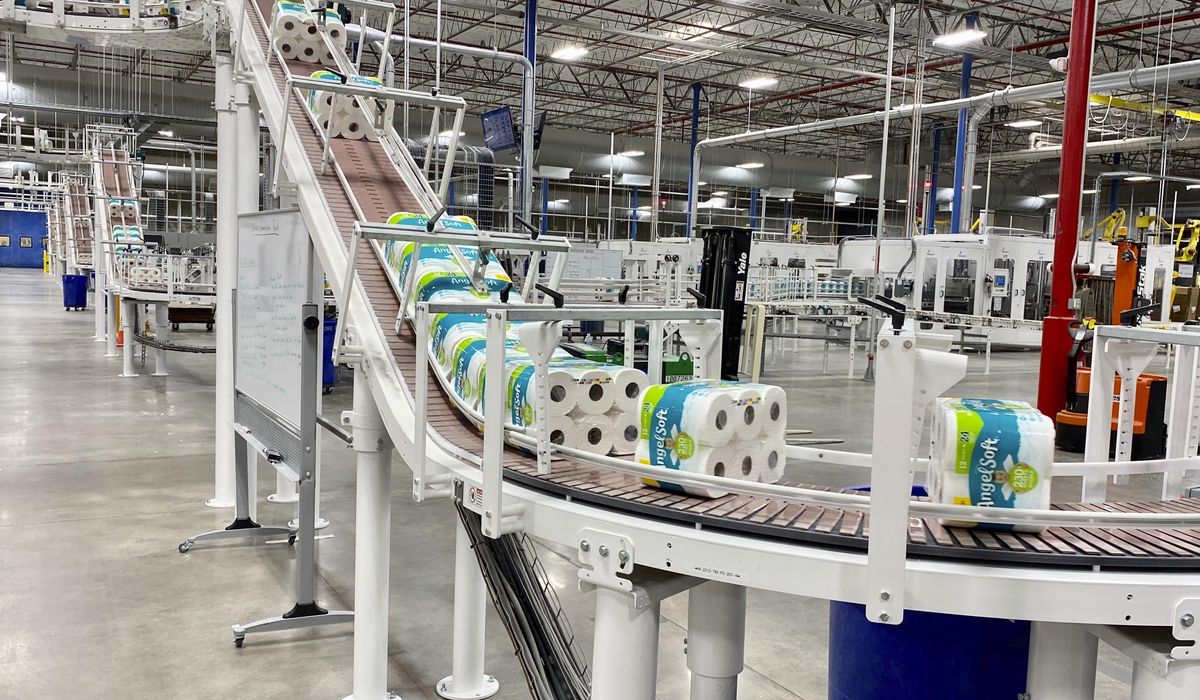


Consumers have begun hoarding toilet paper and other essential items over concerns about shortages amid the dockworkers strike.
Some have documented the phenomenon on social media, comparing it to a similar run on essentials in 2020.
“Every single cart at Costco has toilet paper and water and they’re running low on both in stock. And it is so crowded!,” Lauren Matter, the evening anchor for ABC News affiliate KAMC-TV in Lubbock, Texas, posted Wednesday on X. Her post included a photo of shoppers with carts full of toilet paper, bottled water and other goods.
Jen Eckert, a journalist with PBS affiliate WNET-TV in New Jersey, posted Tuesday on X: “Shelves at Costco & Target running low or out of paper towels in Monmouth Cty. #NJ. Seeing ppl buying TP & water too in reax to #portstrike2024.” The post included photos of barren shelves.
Supply chain experts contend that toilet paper concerns are misplaced. The port strike affects imported goods, but about 99% of toilet paper used by Americans is made in America, according to the Delaware News Journal.
The three biggest toilet paper manufacturers — Kimberly-Clark, Proctor & Gamble and Georgia-Pacific — have plants in 10 states: Pennsylvania, Louisiana, New York, Wisconsin, Georgia, Oklahoma, Missouri, California, Utah and South Carolina.
However, a protracted strike could affect part of the toilet paper supply chain, specifically the importation of eucalyptus pulp from Brazil. The pulp helps make consumer-grade toilet paper soft and more absorbent.
“If it takes one or two weeks for the strike to end, there could be delays that affect raw materials used to produce toilet paper … People need to calm down and stop buying more than what they need to allow inventories to remain stable,” Ronalds Gonzalez, an economics professor at North Carolina State University, said in a news release.
He said a shortage of pulp and lack of consumer-grade toilet paper production could be made up for by use of commercial-grade toilet paper, which uses recycled paper.
• Brad Matthews can be reached at bmatthews@washingtontimes.com.
